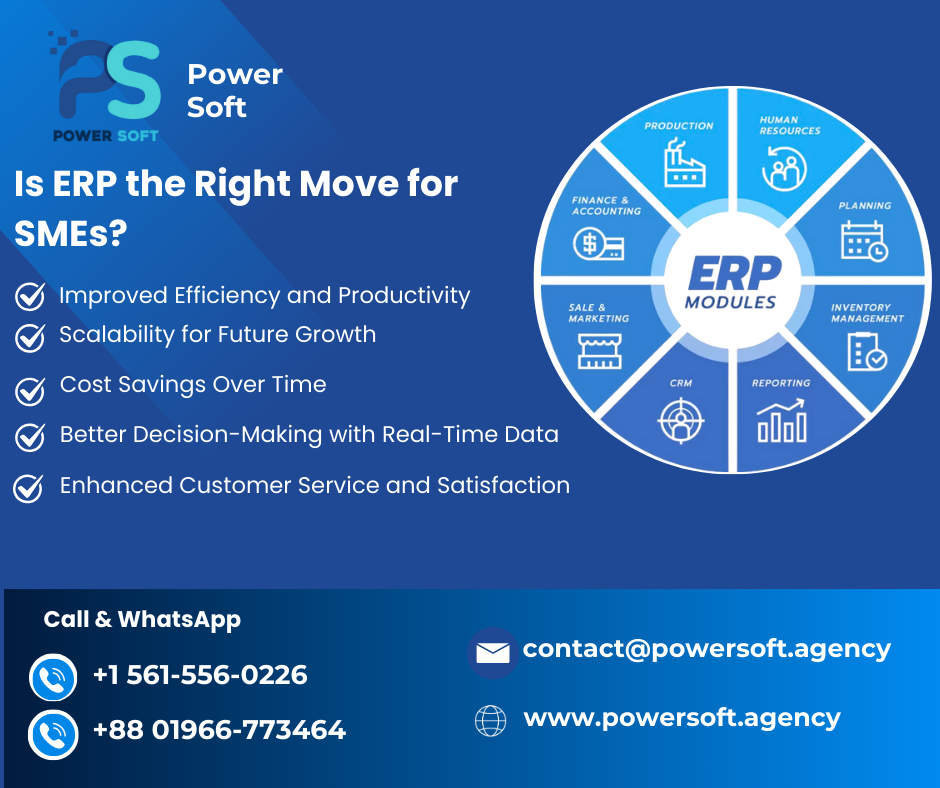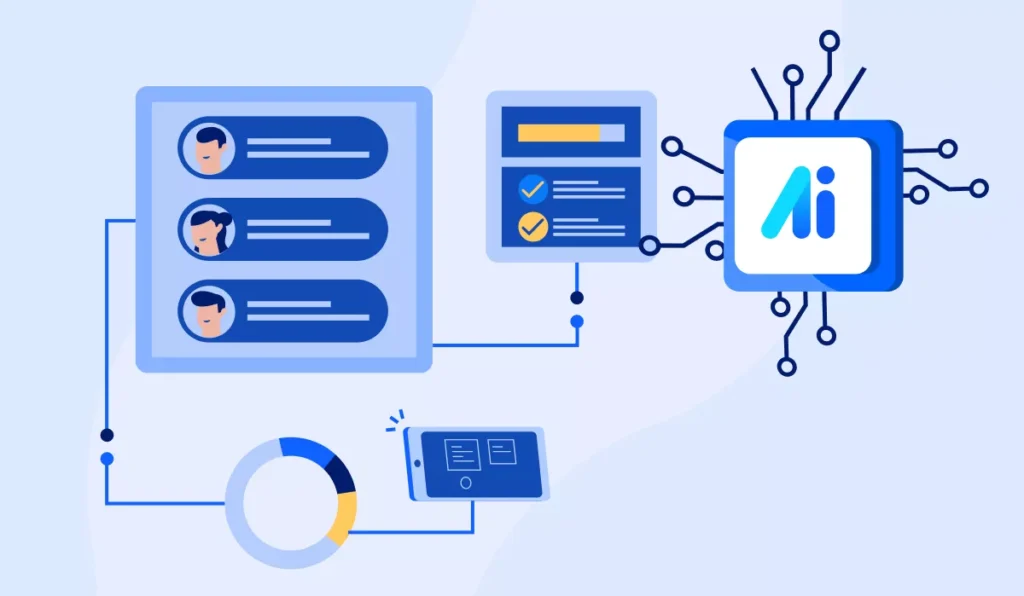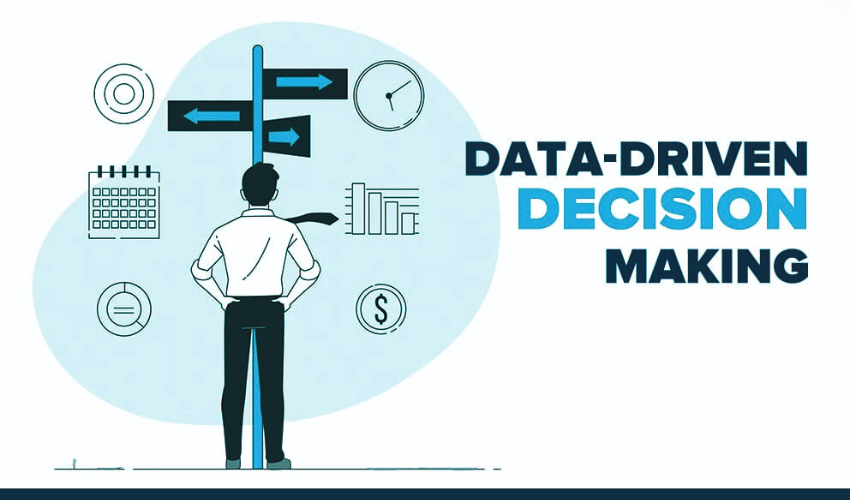
In today’s competitive market, ERP for SMEs boosts efficiency, scalability, and growth—making it an essential and worthwhile investment for success.
Why Understanding the Benefits of ERP for SMEs Matters
Investing in ERP for SMEs is no longer just an option—it’s a necessity for businesses aiming to thrive in a fast-changing market. By integrating processes, improving efficiency, and enabling data-driven strategies, ERP solutions give SMEs the tools they need to compete with larger players. In the following sections, we’ll explore the top 10 reasons why ERP is a game-changing investment for small and medium-sized enterprises.
1. Improved Efficiency and Productivity with ERP for SMEs

One of the most significant benefits of implementing ERP for SMEs is the remarkable improvement in efficiency and productivity. By integrating various business processes—such as finance, inventory, sales, and human resources—into a single unified system, SMEs can eliminate redundant tasks and streamline workflows.
ERP systems automate routine operations, reduce manual errors, and provide real-time data access, empowering teams to focus on strategic tasks rather than administrative overhead. This automation accelerates decision-making and optimizes resource allocation, ultimately boosting overall business performance.
For SMEs looking to scale, ERP solutions deliver a competitive edge by enabling faster response times, reducing bottlenecks, and enhancing operational agility. Improved productivity means your business can do more with less, save time, and increase profitability.
2. Scalability for Growth with ERP for SMEs

A key advantage of adopting ERP for SMEs is the scalability it provides to support business growth. As your small or medium-sized enterprise expands, your operational complexity increases, requiring systems that can handle higher transaction volumes, more users, and additional business processes.
ERP solutions designed for SMEs offer flexible modules and cloud-based options that can easily scale up or down according to your business needs. This adaptability ensures that your technology infrastructure grows alongside your company without requiring costly and disruptive overhauls.
With scalable ERP systems, SMEs can quickly add new features, enter new markets, or expand product lines, all while maintaining seamless operations. This future-proof approach safeguards your investment and empowers your business to grow confidently and efficiently.
3. Centralized Data and Real-Time Reporting

One of the strongest benefits of ERP for SMEs is the ability to centralize all your business data in one integrated system. This eliminates data silos, reduces errors, and ensures that every department—from sales and finance to inventory and customer service—works with the same accurate information.
Real-time reporting capabilities empower decision-makers with instant access to critical business metrics and performance insights. With up-to-date dashboards and customizable reports, SMEs can quickly identify trends, monitor KPIs, and respond proactively to market changes.
Centralized data combined with real-time reporting not only boosts operational transparency but also enhances agility, helping your business stay competitive and make informed decisions faster.
4. Cost Reduction and ROI

Investing in ERP for SMEs is not just about improving operations—it’s also a smart financial decision. An effective ERP system helps reduce costs by automating routine tasks, minimizing errors, and optimizing resource allocation. Over time, these savings translate into a significant return on investment (ROI) for small and medium-sized enterprises.
How ERP Drives Cost Reduction for SMEs:
- Automation of Manual Processes: Reduces labor costs and frees staff for higher-value activities.
- Minimized Errors and Rework: Ensures accurate data entry and reduces costly mistakes.
- Optimized Inventory Management: Prevents overstocking and stockouts, cutting carrying costs.
- Streamlined Procurement: Improves vendor management and negotiation capabilities.
- Reduced IT Costs: Consolidates multiple software tools into a unified platform.
By cutting unnecessary expenses and increasing operational efficiency, ERP solutions enable SMEs to boost profitability while positioning their business for sustainable growth.
5. Enhanced Customer Experience

A powerful ERP goes beyond internal efficiency—it directly improves how you serve your customers. By integrating customer data, sales history, and support information into a centralized system, ERP solutions help businesses deliver personalized, timely, and consistent customer experiences.
Ways ERP Enhances Customer Experience for SMEs :
- 360-Degree Customer View: Access comprehensive customer profiles to tailor communications and offers.
- Faster Response Times: Streamlined workflows enable quicker order processing and issue resolution.
- Consistent Service Quality: Standardized processes reduce errors and ensure reliable deliveries.
- Proactive Support: Automated alerts help address potential problems before they impact customers.
- Multi-Channel Engagement: Unified data supports seamless interaction across email, phone, and online platforms.
By improving customer satisfaction and loyalty, ERP systems empower SMEs to build stronger relationships and gain a competitive edge in the market.
6. Streamlined Business Processes with ERP for SMEs

One of the major benefits of implementing an ERP for SMEs is the ability to streamline and automate your core business processes. By consolidating various functions—such as finance, procurement, sales, and operations—into a single platform, ERP systems eliminate redundancies and reduce manual work.
How ERP for SMEs Streamlines Business Processes:
- Automated Workflows: Reduce human errors and speed up routine tasks like invoicing, purchase orders, and payroll.
- Integrated Departments: Connect different teams to ensure smooth data flow and better coordination.
- Standardized Procedures: Enforce consistent practices across your organization to maintain quality and compliance.
- Real-Time Updates: Keep all departments updated simultaneously, improving decision-making and responsiveness.
- Improved Resource Management: Optimize resource allocation to avoid bottlenecks and overutilization.
By streamlining operations, ERP for SMEs helps businesses save time and costs while boosting overall productivity.
7. Better Inventory Management

Effective inventory management is critical for small and medium-sized enterprises, and an ERP for SMEs can significantly enhance this area. By providing real-time visibility into stock levels, order statuses, and supply chain operations, ERP systems help businesses maintain optimal inventory—avoiding costly overstocking or stockouts.
Key Benefits of ERP for SMEs in Inventory Management:
- Accurate Stock Tracking: Monitor inventory across multiple locations instantly to reduce errors and discrepancies.
- Automated Reordering: Set threshold levels to trigger automatic purchase orders, ensuring timely restocking.
- Demand Forecasting: Use historical data to predict future inventory needs, improving planning and reducing waste.
- Streamlined Warehouse Operations: Optimize picking, packing, and shipping processes for faster order fulfillment.
- Improved Supplier Management: Track supplier performance and manage procurement efficiently to maintain smooth operations.
With better inventory control powered by ERP for SMEs, businesses can reduce costs, improve cash flow, and deliver products to customers more reliably.
8. Automated Compliance and Risk Management

Staying compliant with industry regulations and managing risks effectively can be challenging for growing businesses. An ERP for SMEs simplifies this by automating compliance processes and providing tools to identify and mitigate risks proactively.
How ERP for SMEs Enhances Compliance and Risk Management:
- Regulatory Updates: Automatically track and implement changes in laws and standards relevant to your industry.
- Audit Trails: Maintain detailed records of all transactions and changes, making audits smoother and more transparent.
- Risk Assessment Tools: Identify potential operational, financial, and security risks early with integrated analytics.
- Automated Reporting: Generate compliance reports quickly to meet regulatory requirements without manual effort.
- Access Control: Ensure data security and limit user permissions to reduce insider threats and data breaches.
By leveraging ERP for SMEs, businesses can reduce compliance costs, avoid penalties, and build trust with customers and partners through robust risk management.
9. Enhanced Collaboration Across Departments

Effective collaboration between departments is vital for business success, especially for small and medium enterprises. An ERP fosters seamless communication and coordination by integrating all departments into a unified system.
Benefits of Enhanced Collaboration:
- Centralized Information: Share real-time data across teams to ensure everyone works with the latest information.
- Streamlined Workflows: Automate and synchronize processes between departments like sales, finance, inventory, and customer service.
- Improved Accountability: Track tasks and responsibilities clearly, reducing misunderstandings and delays.
- Faster Decision-Making: Access to integrated data empowers teams to make informed decisions quickly.
- Reduced Silos: Break down barriers between departments, encouraging teamwork and innovation.
By implementing an ERP for SMEs, businesses can boost productivity, reduce errors, and create a collaborative culture that drives growth.
10. Data-Driven Decision Making

Making informed decisions is critical for business success, and an ERP for SMEs empowers companies to leverage data effectively. By centralizing information and providing real-time analytics, ERP systems enable smarter, faster decision-making.
How ERP Supports Data-Driven Decisions for SMEs:
- Comprehensive Reporting: Access detailed reports on sales, finance, operations, and customer trends.
- Real-Time Insights: Monitor key performance indicators (KPIs) instantly to respond quickly to market changes.
- Forecasting & Planning: Use historical data to predict future demand and allocate resources efficiently.
- Identifying Opportunities: Spot growth areas and operational inefficiencies to optimize business strategies.
- Reduced Guesswork: Base decisions on accurate data rather than assumptions or outdated information.
Implementing an ERP for SMEs ensures your business stays agile and competitive by making every decision count through reliable, actionable data.
Final Thoughts: Is ERP a Smart Investment for SMEs?
In a word — Yes. Investing in ERP may seem like a leap, but for SMEs looking to grow, stay competitive, and operate efficiently, it’s a strategic decision with long-term payoffs.
At Power Soft, we specialize in ERP systems built specifically for SMEs — flexible, scalable, and cost-effective. Whether you need HR automation, inventory management, CRM, or finance control — we’re here to turn your vision into reality.
Ready to Transform Your Business?
Let Power Soft guide you toward operational efficiency and growth with a custom ERP solution.
📧 Email: contact@powersoft.agency
🌐 Website: www.powersoft.agency/about
📞 Call & WhatsApp 1: +1 561-556-0226
📞 Call & WhatsApp 2: +88 01966 773464